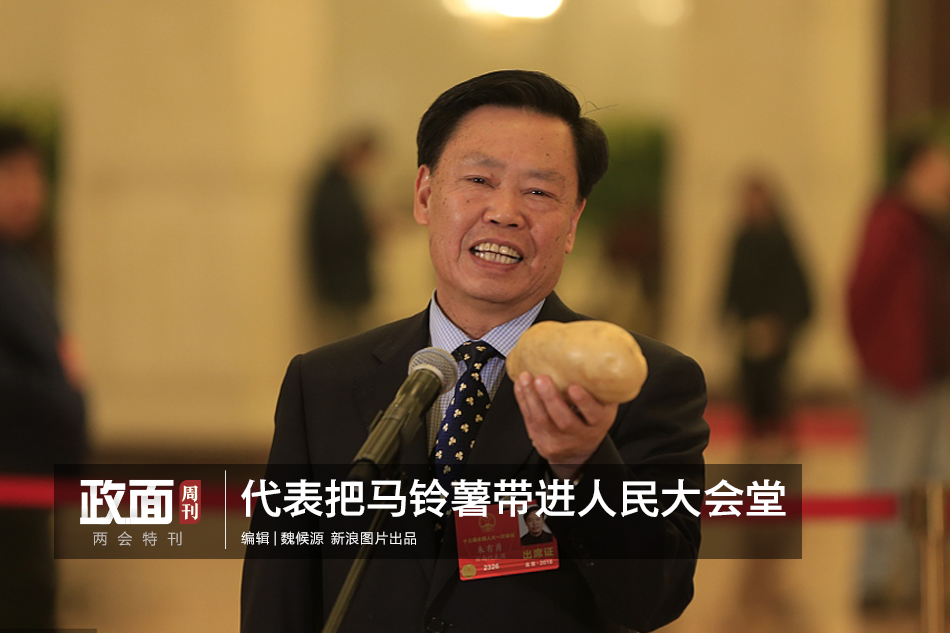
Short-term memory, long-term memory. Cognitive psychology regards memory as the process of coding, storing and extracting input information by the human brain. Memory is divided into three systems: instantaneous memory, short-term memory and long-term memory, which is based on the different ways of encoding, storing and extracting information, as well as the different length of information storage time.
What are the three memory systems: memory is also regarded as the process of the human brain encoding, storing and extracting input information, and according to the different ways of coding, storing and extracting information, as well as the different length of information storage time, memory is divided into instantaneous memory, short-term memory and long-term memory. A system.
What are the three memory systems? According to the different ways of encoding, storing and extracting information, and the different length of information storage time, memory is divided into three systems: instantaneous memory, short-term memory and long-term memory.
The three stages of memory are sensory memory, short-term memory and long-term memory. Sensory memory: Sensory memory refers to the information we receive through various sensory organs, such as vision, hearing, touch, taste and smell.
What are the three memory systems? According to the different ways of coding, storage and extraction of information, and the different length of information storage time, memory is divided into instantaneous memory, short-term memory and long-term memory. Remember the three systems.
The coding method of instantaneous memory, that is, the way instantaneous memory remembers information, is the image of external stimuli. Because the information of instantaneous memory is first registered in the sensory channel in the form of sensory images, instantaneous memory has a distinct image. The capacity of instantaneous memory is large, but the retention time is very short.
Perception is the cognitive process of giving meaning through information. ( 2) Working memory. It is the memory of processing and encoding information in the human brain within a minute. The holding time is about 5 seconds to 1 minute. Short-term memory also includes direct memory and working memory.

Weber's score), which is only applicable to medium-intensity stimuli, which is different from the Weber's score of sensory organs (2) Fechner's Law: 1860, using the differential threshold as the unit of sensation, a stimulus was measured. The difference threshold contained is believed to be the psychological intensity caused by this stimulus.
The concept of memory is the psychological process of accumulating, preserving and extracting individual experience in the mind.From storing into the brain to extracting and applying again, this complete process is collectively called memory.
Long-term memory refers to the memory maintained for more than a minute after external stimuli appear in a very short time. Features: The capacity of memory is unlimited, whether it is the type or quantity of information. Coding Semantic coding: Use words to process information and organize coding according to the meaning of the material.
Memory and memory process Definition: It is the reaction of past experience in the mind. Past experience refers to the perception of things, thinking about problems, the emotional experience caused by things, and the actions that have been carried out in the past. Function: It is the root of wisdom and the cornerstone of psychological development.
OKX Wallet apk download-APP, download it now, new users will receive a novice gift pack.
Short-term memory, long-term memory. Cognitive psychology regards memory as the process of coding, storing and extracting input information by the human brain. Memory is divided into three systems: instantaneous memory, short-term memory and long-term memory, which is based on the different ways of encoding, storing and extracting information, as well as the different length of information storage time.
What are the three memory systems: memory is also regarded as the process of the human brain encoding, storing and extracting input information, and according to the different ways of coding, storing and extracting information, as well as the different length of information storage time, memory is divided into instantaneous memory, short-term memory and long-term memory. A system.
What are the three memory systems? According to the different ways of encoding, storing and extracting information, and the different length of information storage time, memory is divided into three systems: instantaneous memory, short-term memory and long-term memory.
The three stages of memory are sensory memory, short-term memory and long-term memory. Sensory memory: Sensory memory refers to the information we receive through various sensory organs, such as vision, hearing, touch, taste and smell.
What are the three memory systems? According to the different ways of coding, storage and extraction of information, and the different length of information storage time, memory is divided into instantaneous memory, short-term memory and long-term memory. Remember the three systems.
The coding method of instantaneous memory, that is, the way instantaneous memory remembers information, is the image of external stimuli. Because the information of instantaneous memory is first registered in the sensory channel in the form of sensory images, instantaneous memory has a distinct image. The capacity of instantaneous memory is large, but the retention time is very short.
Perception is the cognitive process of giving meaning through information. ( 2) Working memory. It is the memory of processing and encoding information in the human brain within a minute. The holding time is about 5 seconds to 1 minute. Short-term memory also includes direct memory and working memory.

Weber's score), which is only applicable to medium-intensity stimuli, which is different from the Weber's score of sensory organs (2) Fechner's Law: 1860, using the differential threshold as the unit of sensation, a stimulus was measured. The difference threshold contained is believed to be the psychological intensity caused by this stimulus.
The concept of memory is the psychological process of accumulating, preserving and extracting individual experience in the mind.From storing into the brain to extracting and applying again, this complete process is collectively called memory.
Long-term memory refers to the memory maintained for more than a minute after external stimuli appear in a very short time. Features: The capacity of memory is unlimited, whether it is the type or quantity of information. Coding Semantic coding: Use words to process information and organize coding according to the meaning of the material.
Memory and memory process Definition: It is the reaction of past experience in the mind. Past experience refers to the perception of things, thinking about problems, the emotional experience caused by things, and the actions that have been carried out in the past. Function: It is the root of wisdom and the cornerstone of psychological development.
Binance Download for PC Windows 10
author: 2025-01-10 17:24 Binance Download for PC
Binance Download for PC
827.46MB
Check Binance app
Binance app
646.17MB
Check Binance download
Binance download
978.64MB
Check OKX Wallet download
OKX Wallet download
733.34MB
Check Binance download APK
Binance download APK
842.63MB
Check Binance login
Binance login
622.52MB
Check OKX Wallet
OKX Wallet
539.62MB
Check Binance login
Binance login
551.33MB
Check OKX review
OKX review
829.96MB
Check Binance Download for PC
Binance Download for PC
653.31MB
Check Binance wikipedia
Binance wikipedia
511.73MB
Check Binance exchange
Binance exchange
514.44MB
Check OKX Wallet apk download
OKX Wallet apk download
364.76MB
Check Binance US
Binance US
236.74MB
Check Binance app
Binance app
231.24MB
Check OKX review
OKX review
463.87MB
Check OKX Wallet apk download latest version
OKX Wallet apk download latest version
376.72MB
Check Binance download
Binance download
614.94MB
Check Binance app
Binance app
395.73MB
Check OKX Wallet to exchange
OKX Wallet to exchange
215.23MB
Check Binance app
Binance app
361.33MB
Check Binance Download for PC
Binance Download for PC
387.67MB
Check OKX Wallet to exchange
OKX Wallet to exchange
423.37MB
Check OKX Wallet apk download latest version
OKX Wallet apk download latest version
136.61MB
Check OKX app
OKX app
385.28MB
Check Binance login
Binance login
151.13MB
Check Binance Download for PC
Binance Download for PC
429.21MB
Check OKX app
OKX app
137.87MB
Check Binance download Android
Binance download Android
345.94MB
Check Binance login
Binance login
794.54MB
Check OKX Wallet login
OKX Wallet login
581.19MB
Check OKX Wallet app
OKX Wallet app
646.93MB
Check OKX Wallet apk download
OKX Wallet apk download
358.37MB
Check OKX Wallet to exchange
OKX Wallet to exchange
769.52MB
Check Binance exchange
Binance exchange
492.34MB
Check OKX Wallet download
OKX Wallet download
373.42MB
Check
Scan to install
OKX Wallet apk download to discover more
Netizen comments More
1986 年近古稀网
2025-01-10 18:13 recommend
1642 异想天开网
2025-01-10 17:01 recommend
2353 闲云野鹤网
2025-01-10 16:54 recommend
914 贵耳贱目网
2025-01-10 16:40 recommend
1910 夺人所好网
2025-01-10 16:28 recommend